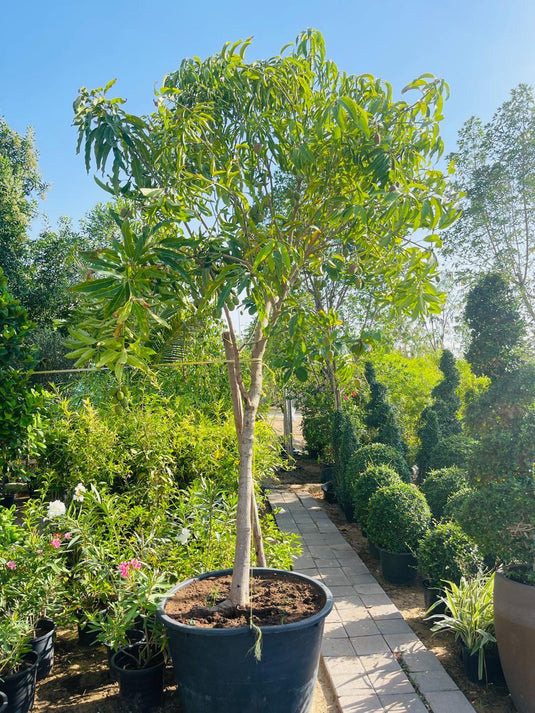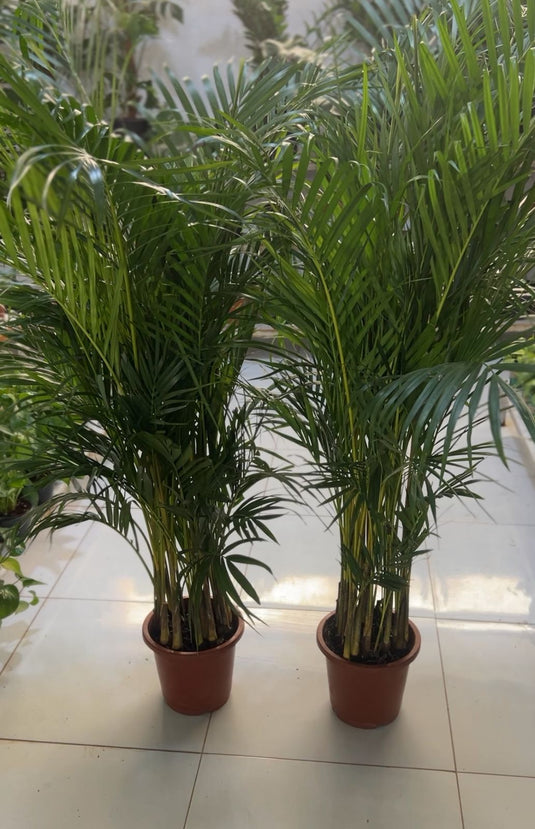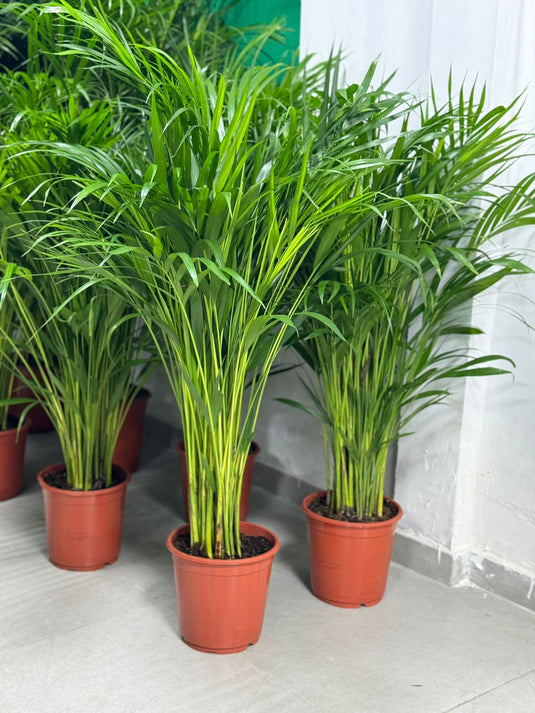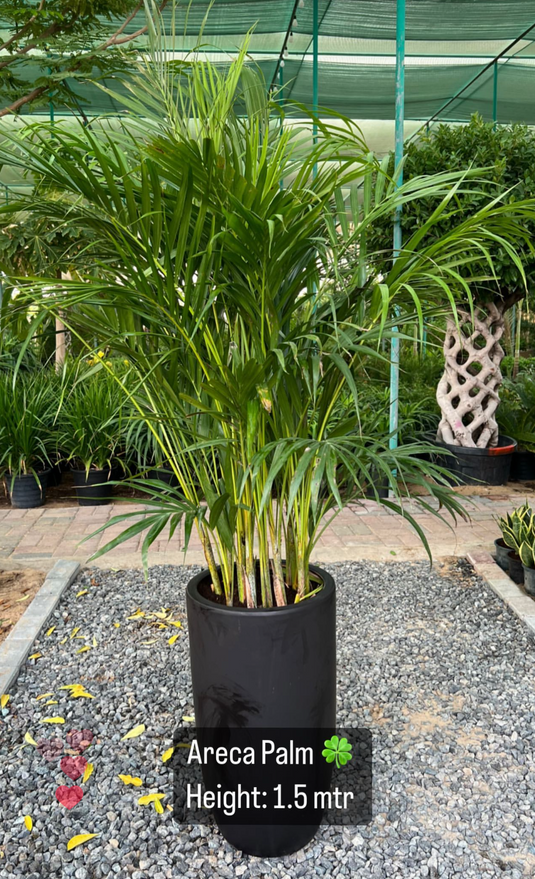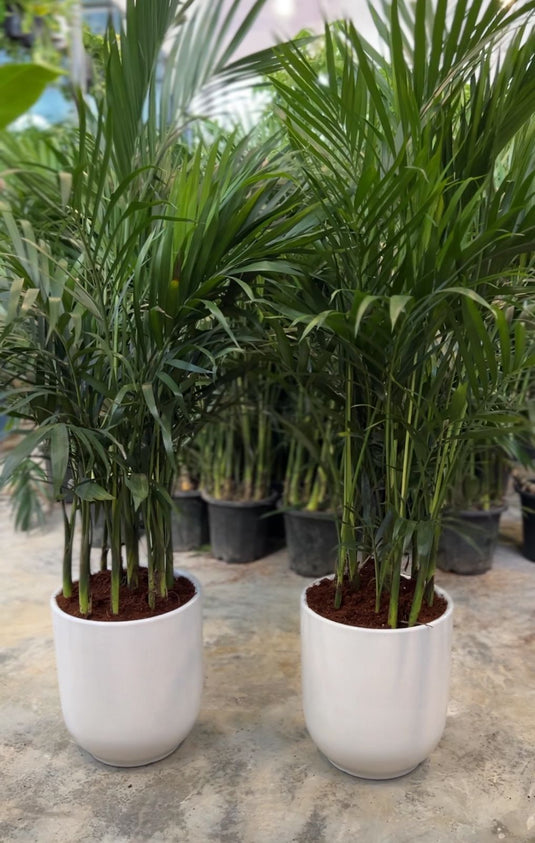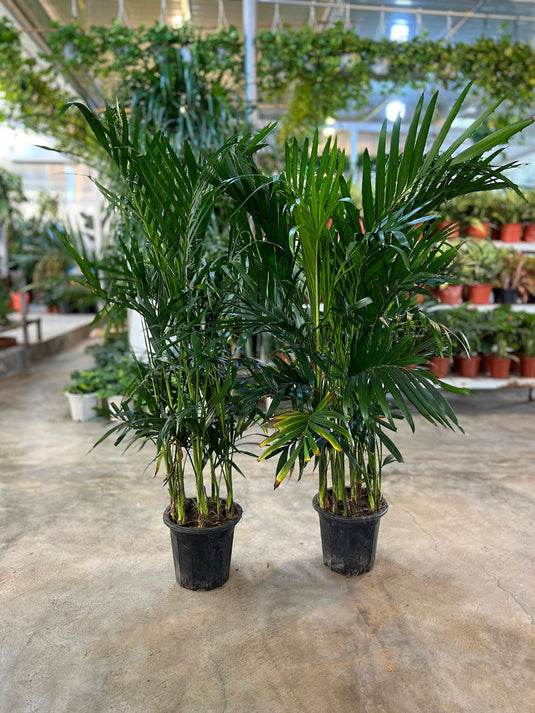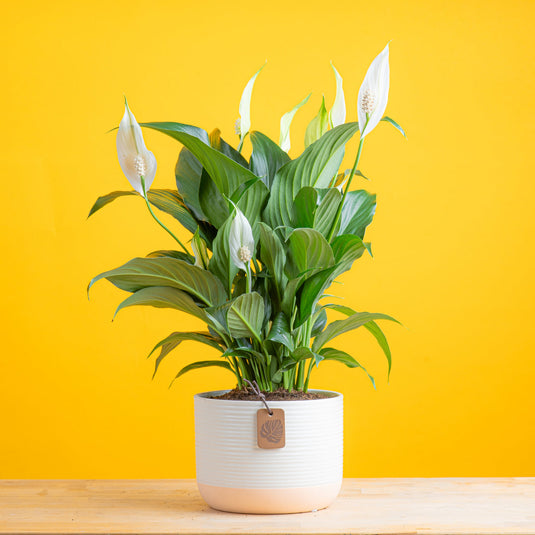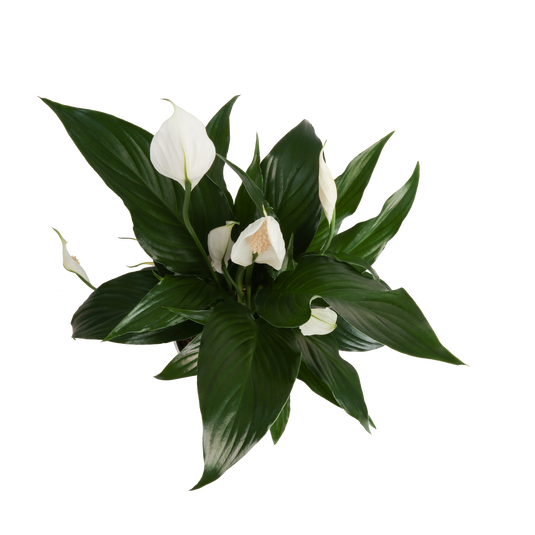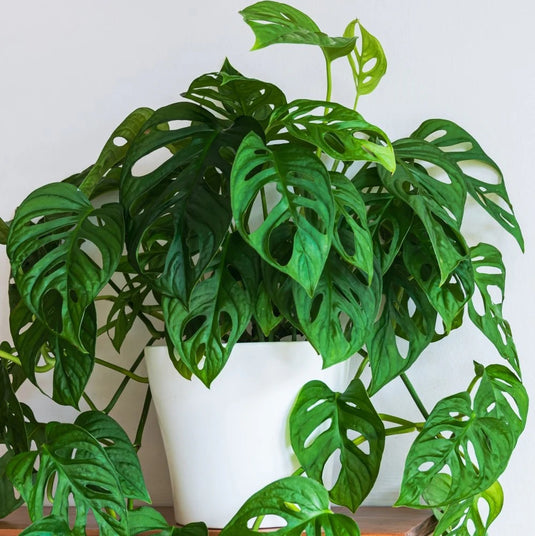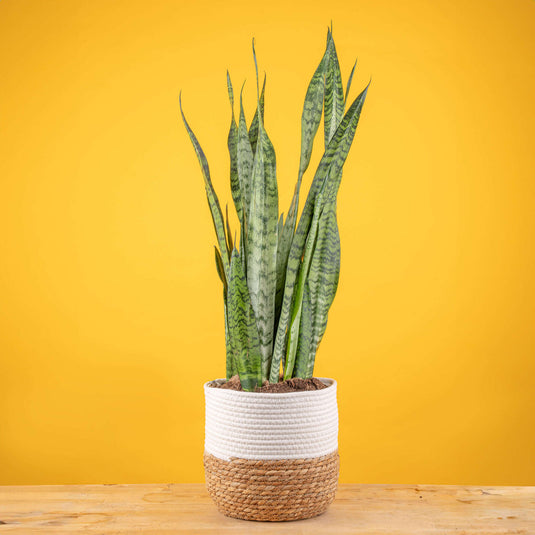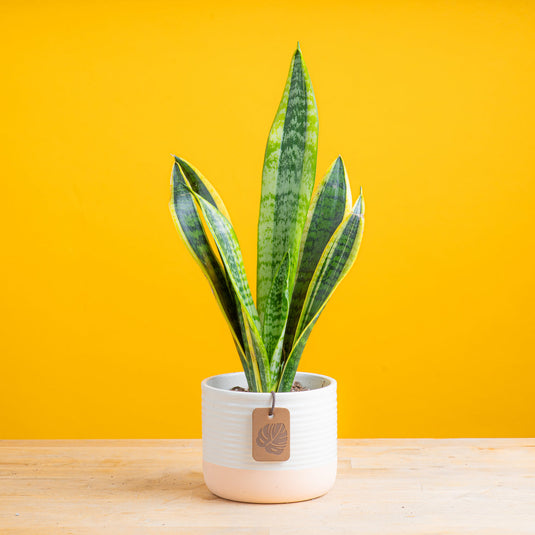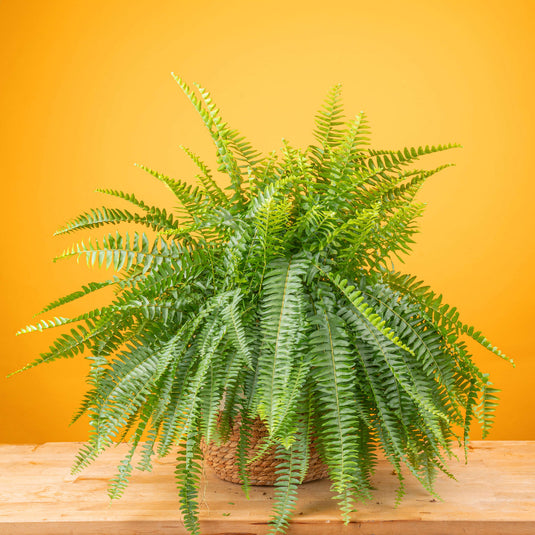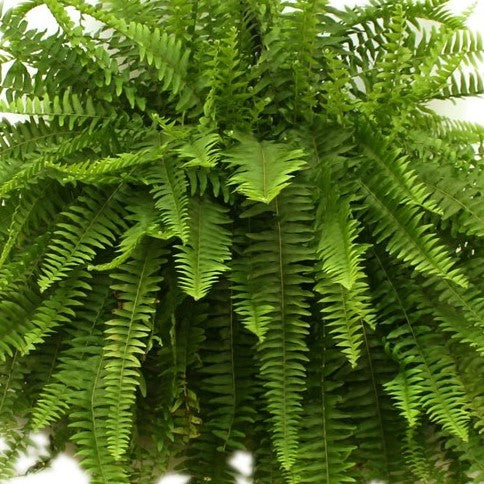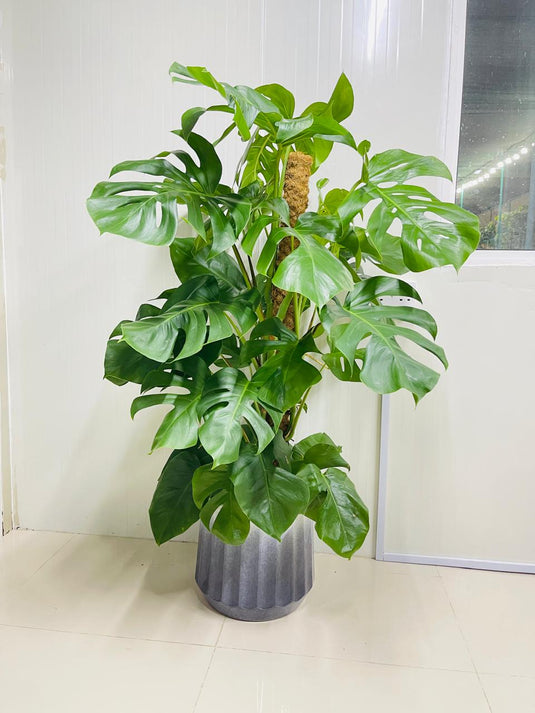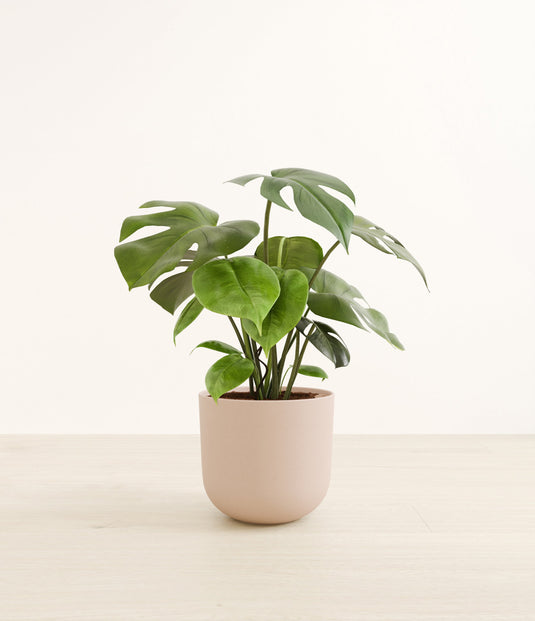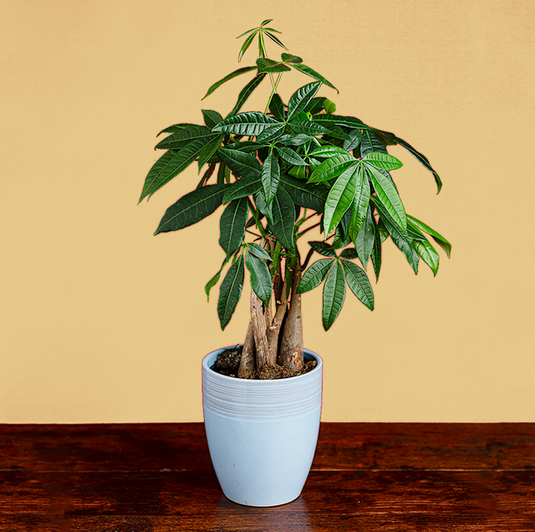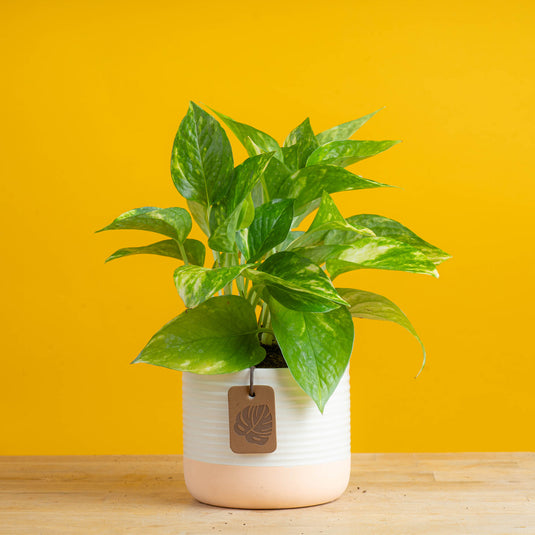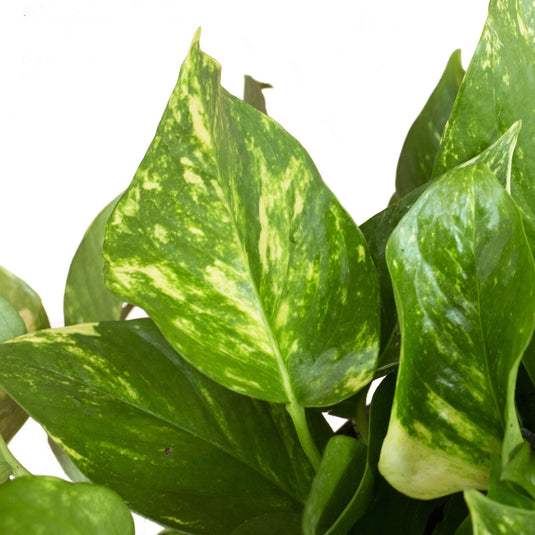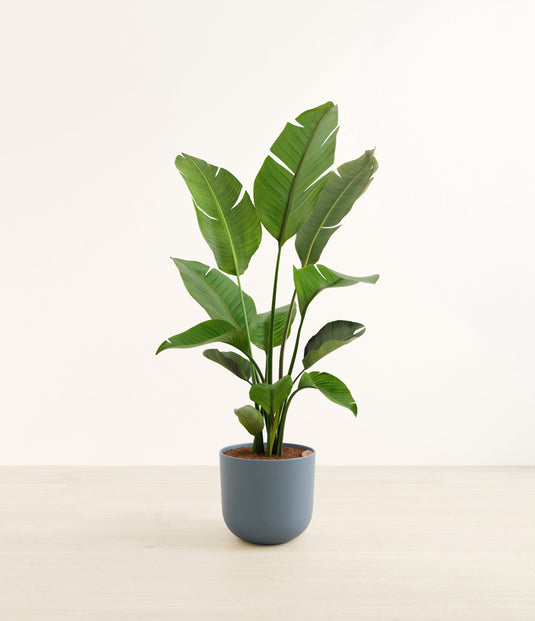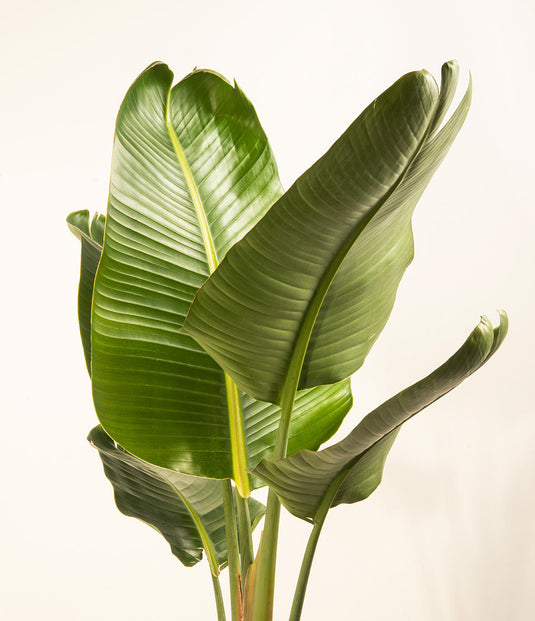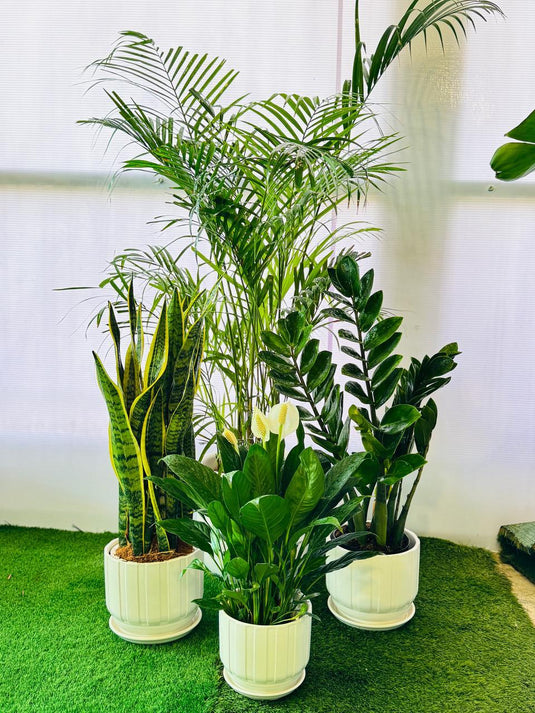Mango Tree (Pakistani)
- Healthy Arrival Guarantee
- Free Plant Care Consultation
- Safe & Secure Payment

We will send you a notification as soon as this product is available again.
-
Estimated delivery: Feb 10 - Feb 14
-
Free return within 7 days of purchase.
Plant Description
The Pakistani Mango Tree, scientifically known as Mangifera indica, is a tropical fruit tree that produces one of the most popular and widely cultivated fruits in the world. Renowned for its sweet and juicy flesh, the mango is often referred to as the "king of fruits." The global market for mangoes is projected to reach approximately $50 billion by 2030 due to by increasing demand for fresh and processed mango products, particularly in North America, Europe, and Asia.
5 health Benefits of Mango Tree (Pakistani)
1. Nutritional Value
Pakistani mangoes are rich in essential vitamins and minerals, particularly vitamin C, vitamin A, and folate. Studies show that consuming mangoes can help improve overall health and boost the immune system (Journal of Nutrition, 2019).
2. Antioxidant Properties
Mangoes contain powerful antioxidants, such as quercetin, catechins, and anthocyanins, which help combat oxidative stress in the body. Research indicates that these antioxidants may reduce the risk of chronic diseases (Nutrients, 2020).
3. Digestive Health
Mangoes are a good source of dietary fiber, which aids digestion and promotes gut health. Studies have shown that regular consumption of mango can help prevent constipation and improve overall digestive function (Food Research International, 2021).
4. Skin Health
The high vitamin C content in mangoes contributes to healthy skin by promoting collagen production and reducing the appearance of wrinkles. Research suggests that applying mango pulp can enhance skin hydration and repair (Journal of Cosmetic Dermatology, 2022).
5. Heart Health
Mangoes may support heart health by lowering cholesterol levels and improving blood circulation. A study published in the American Journal of Clinical Nutrition found that mango consumption can positively impact cardiovascular health (American Journal of Clinical Nutrition, 2018).
Disadvantages
· Pakistani mangoes are seasonal, which may limit access at certain times of the year.
· To ensure quality, mangoes may be treated with pesticides; proper washing and peeling can mitigate this concern.
· Mangoes have a relatively high sugar content; moderation is advised for those managing blood sugar levels.
· Some individuals may experience allergic reactions to mango skin; consuming the fruit's flesh generally poses fewer risks.
Frequently Asked Questions
1. Are Pakistani mangoes nutritious?
Yes, Pakistani mangoes are rich in essential vitamins and minerals beneficial for health.
2. Do mangoes have antioxidant properties?
Yes, mangoes contain antioxidants that help reduce oxidative stress and lower the risk of chronic diseases.
3. Is mango good for digestive health?
Yes, mangoes are a good source of dietary fiber, which promotes healthy digestion.
4. Can mango improve skin health?
Yes, the vitamin C in mangoes supports collagen production, enhancing skin hydration and repair.
5. Are there any risks associated with eating mangoes?
Yes, some people may experience allergies or concern over pesticide residues, so proper handling is advised.
Final Verdict: Should I Buy a Mango Tree (Pakistani)?
Yes, purchasing a Pakistani Mango Tree is a worthwhile investment due to its numerous health benefits and the potential for delicious, home-grown fruit.
Plant Care
Watering
Water your plant once a week or when the soil starts to feel slightly dry on the surface. Keep the soil consistently moist, but be careful not to overwater, as this can cause brown spots and leaf drop. If the leaves become curly or dry, it's a sign that the plant needs water. It's best to water your plant in the early morning or late evening when the temperatures are cooler. Always check the soil before watering.
Light
Provide bright indoor light or indirect sunlight for about 6 to 8 hours a day.
Temperature
Maintain temperatures between 18°C and 24°C. Avoid exposing the plant to drafts, as these can cause undesirable temperature fluctuations. Mist the plant occasionally, about twice a week, to help maintain optimal humidity levels.
Fertilizer
Apply liquid fertiliser every 15 days when the plant is actively growing. For best results, use Folikraft ready-to-use Indoor Plant Food.
What Our Clients Say About Us
As a House se Manager in prestigious property in Dubai HILLS ESTATE, I would Highly recommended My Plants - Landscaping Services. All the team were amazing and hardworking. They are expert that achieved coordination and best feedback results to any projects that my Client wish and job order done. Appreciated. Thank you.
I ordered a 2m bird of paradise on their website with a pot. The price was much more reasonable than elsewhere, so I gave it a try. Ordered at 9pm on a Thursday night, delivered at 3pm the next day. The plant arrived bigger than I expected, replanted in its pot with brand new potting soil, incredible! The black pot is a perfect match for my home and really looks high-quality. Thanks again!
Good plants, they came over to my place to pot them and clean them, prices are good also, thank you Kashif for improving my experience and your top customer service.
